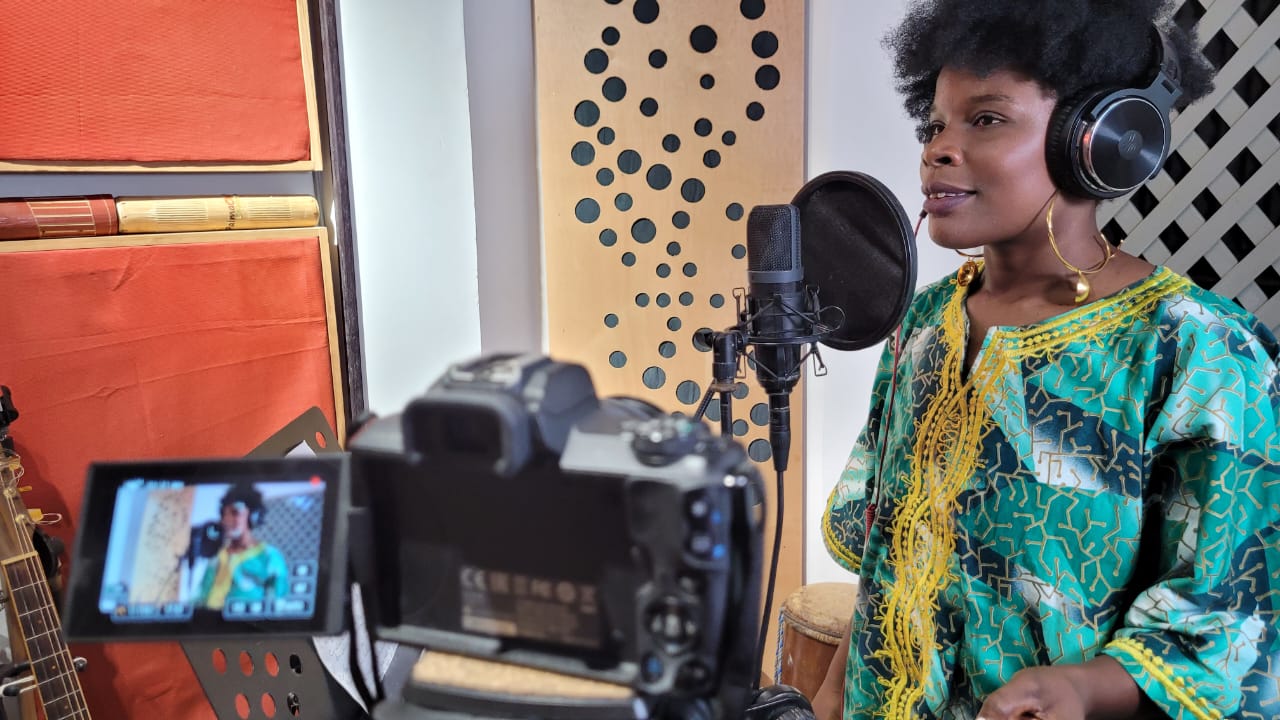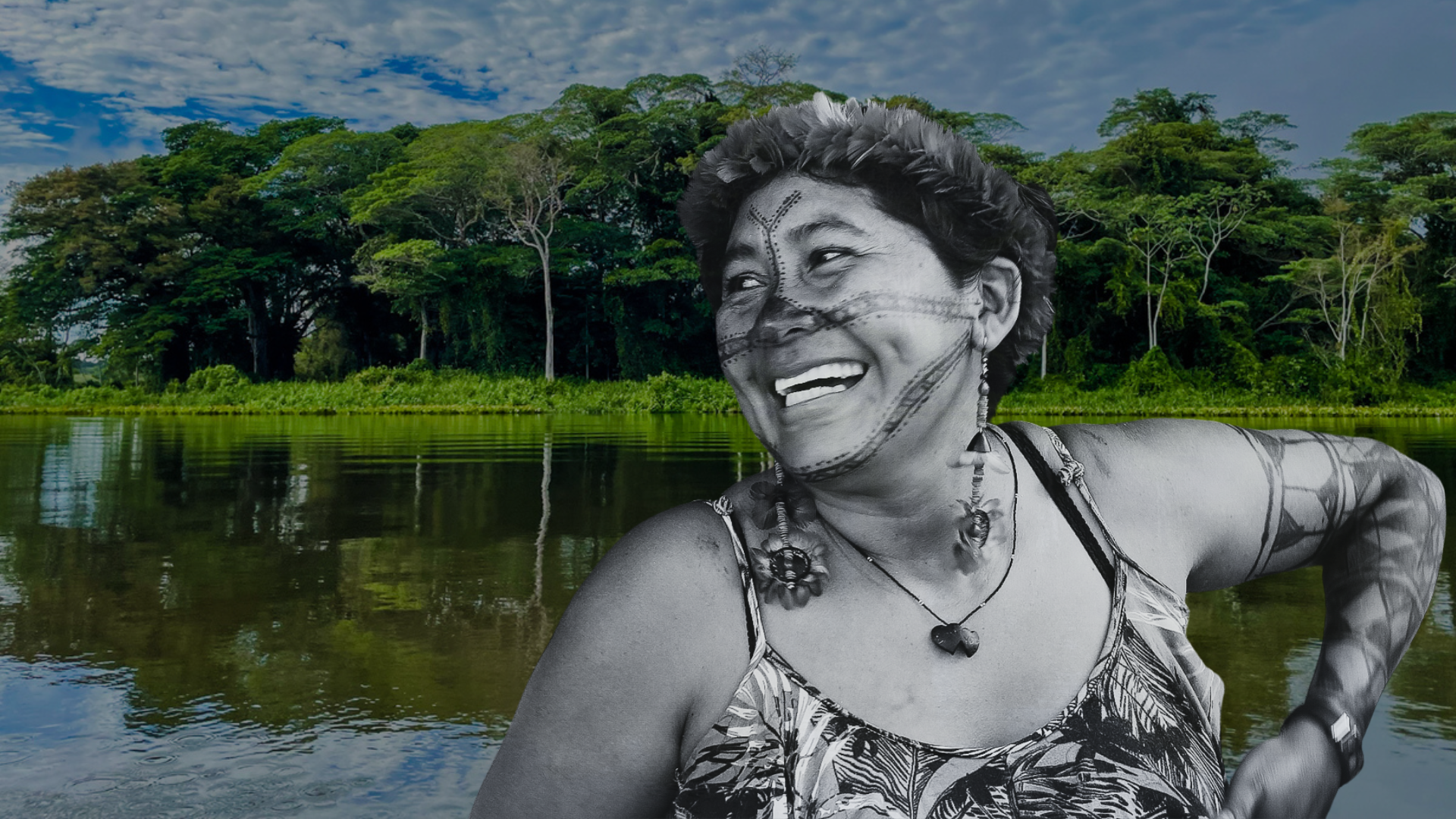Honduras | Founded in 1993 | Thousand Currents Partner since 2024
Consejo Cívico de Organizaciones Populares e Indígenas de Honduras (COPINH)
Defending Indigenous Territories, Rights, and Communities in Honduras
Consejo Cívico de Organizaciones Populares e Indígenas de Honduras (COPINH) was founded in 1993 to affirm that Indigenous communities are not just a part of the past but exist in the present, and have their own perspectives, way of living, and visions for a dignified life. Through extensive mobilization, they succeeded in gaining approval of international agreements for the protection of the rights of Indigenous peoples and the establishment of the first Indigenous municipalities in the history of Honduras. Currently, more than 200 communities and more than 50 community groups are actively organized in COPINH.
COPINH works to defend the territory and nature’s common goods; the human rights of Indigenous Peoples, peasant and popular communities against all types of discrimination; and for the anti-patriarchal struggle. To that end, they have developed a broad campaign to prevent dispossession caused by the privatization policies of national and international governments, national private enterprise, transnational corporations and international financial institutions.
As a response to the unconsulted megaprojects in the Lenca region, which threaten Indigenous territories and displace communities from their ancestral lands, COPINH’s members have been working nationally and internationally using strategic litigation, campaigns and advocacy, and popular education for the communities’ right to free, prior and informed consent. This work has caused COPINH members to be threatened and persecuted. The murder of COPINH’s founder, Bertha Cáceres, in 2016 as a result of resisting a dam construction project in Río Blanco, shook our community. This heinous crime will remain a steadfast reason for demanding justice and denouncing the criminal methods of land grabbing and colonial extractivism in the region. COPINH has created a legal framework to protect the rights of land defenders amidst extractivist projects. Doing so has visibilized human rights violations and violence against land defenders, which has in turn intensified the effort to protect land defenders across Honduras and Latin America.
Related Stories




